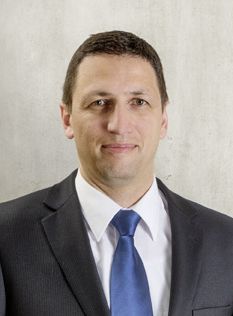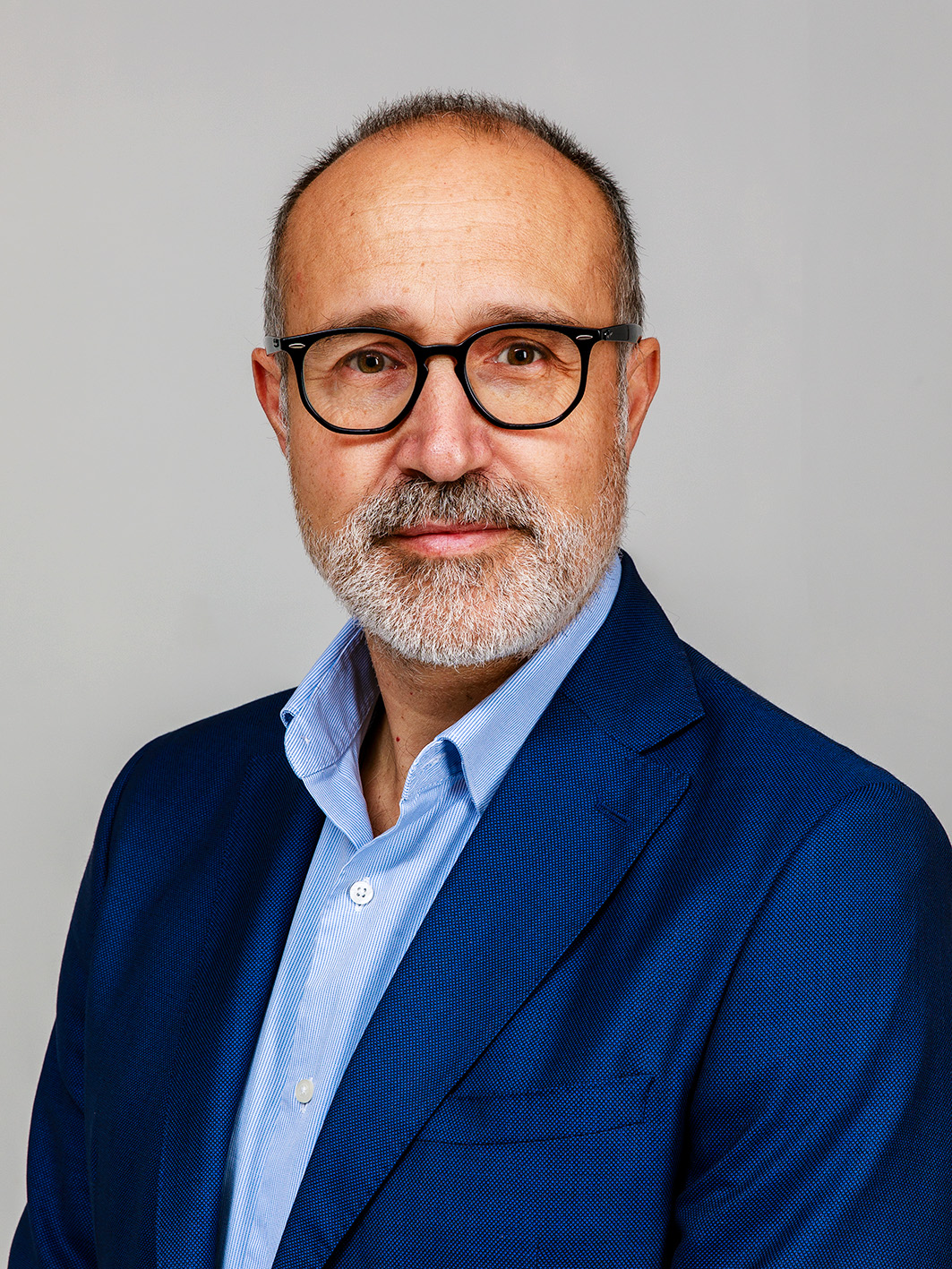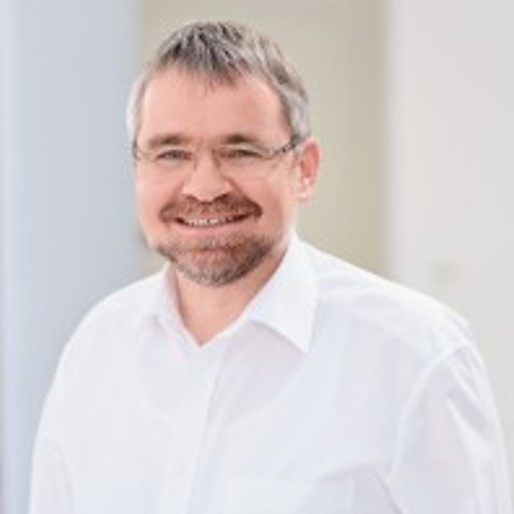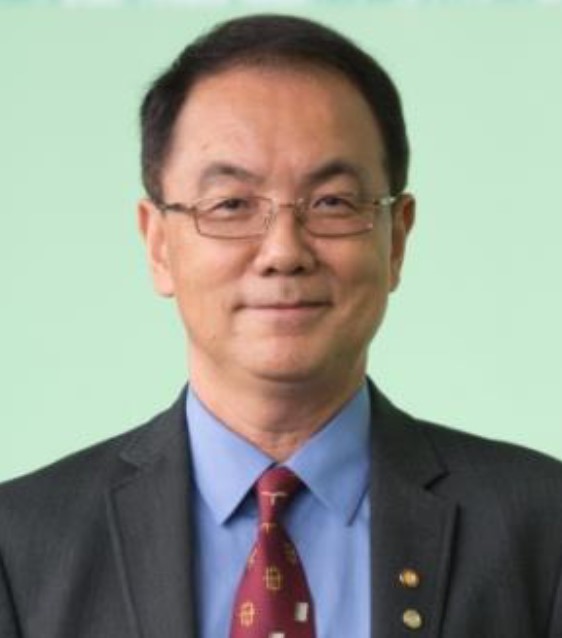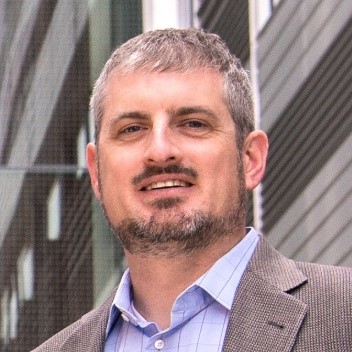Power Electronics for a Better Future Grid
Bio
Dr. Zhenyu (Henry) Huang is Laboratory Fellow at Pacific Northwest National Laboratory (PNNL), Richland, WA and holds a joint appointment of Research Professor at Washington State University, Pullman, WA. He is also a Policy Advisor for the US Department of Energy (DOE)’s Undersecretary for Science and Innovation, leading the DOE crosscutting Grid Modernization Initiative and the White House interagency Net Zero Grid and Electrification Game Changers Initiative. He was a Technical Advisor at the DOE EERE Solar Energy Technologies Office (SETO) in 2019 – 2020, leading the development of the System Integration section in the SETO’s Multi-Year Program Plan.
At PNNL, Dr. Huang is leading the power electronics and renewable integration portfolios and served as Deputy Sector Manager for grid research. His research interests include high performance computing, data analytics, and optimization and control for inverter- and renewable-dominant power and energy systems. He led PNNL’s Future Power Grid Initiative – a research and development effort that developed important open-source software packages for power grid modeling, simulation, and control, including GridPACKTM, HELICSTM, and VOLTTRONTM. He was also the founding Group Manager of PNNL’s Optimization and Control Group, focusing on developing and adapting latest mathematics, computing, and data analytical techniques to understand and manage the emerging complexity in the power grid and other interdependent infrastructures.
Prior to joining PNNL in 2003, Dr. Huang conducted extensive research on power system stability and harmonics at the University of Alberta (Canada), McGill University (Canada), and the University of Hong Kong.
Dr. Huang has over 200 peer-reviewed publications. He is a Fellow of IEEE and is active in several IEEE Power and Energy Society (PES) technical committees, including officer roles at the committee, subcommittee, and working group levels. He led the Richland Chapter to win the 2007 IEEE PES Outstanding Small Chapter Award. He is recipient of the 2008 PNNL Ronald L. Brodzinski’s Award for Early Career Exceptional Achievement and the 2009 IEEE Power and Energy Society Outstanding Young Engineer Award. Dr. Huang is a registered Professional Engineer in Washington State.
Dr. Huang received his B. Eng. from Huazhong University of Science and Technology, Wuhan, China, and Ph.D. degree from Tsinghua University, Beijing, China.
Security of supply and energy transition - A contradiction?
Bio
Olaf Sener has been Director of Asset Management at TransnetBW GmbH, Stuttgart, since the beginning of 2020. He is responsible for all processes in the run-up to grid construction projects, from grid planning to project initialization and portfolio management. Previously, he worked for more than 20 years in various technical and management positions in the fields of engineering, line construction, grid strategy and construction of major projects in the high and extra-high voltage grid.
For decades, he has continued to be active in supra-regional committees, formerly in the DKE, today in the Association of European Transmission System Operators ENTSO-E and at the level of the four German transmission system operators.
He graduated from the University of Stuttgart in 1996 with a degree in electrical engineering, specializing in power transmission and high-voltage engineering.
Power Electronics running the sustainable grid
Bio
Mario Campo is a global leader in power electronics innovation and strategy at Hitachi Energy. He is the Head of Power Electronics Program, where he shapes the future of power electronics through innovative technologies and teams.
He frequently speaks at power electronics, renewables, and hydrogen events, focusing on the integration of the new generation and loads into the grid. He has spent more than 25 years working on power electronics related applications. He holds a M.Sc. from Carlos III University in Madrid, a MBA from IE Business School, and a Wind Power Master from Gotland University in Sweden. He is from Spain and based in Sweden. He is passionate about sea, nature, and sailing, and has sailed across the Atlantic Ocean twice.
The role of Power Electronics in Sustainable Energy Systems
After graduating as an electrical engineer with subsequent Dr.-Ing. degree at the "Institute of Power Generation and Application of Electrical Energy" at the Ruhr University Bochum, Michael started his career at Siemens AG. After working as a system planning and commissioning engineer in the field of industrial and public distribution and transmission grids, he took over the position of Head of Technology and Innovation – from 2004 to 2008 at Power Transmission and Distribution, until 2014 in the Energy Sector, and lastly in the Energy Management Division. Since April 2019, he heads the Technology and Innovation department at Siemens Smart Infrastructure and deals with leading-edge technologies in the fields of power grids, intelligent buildings and using digitalization to interconnect them. His area of responsibility also includes data analysis and artificial intelligence, as well as power electronics and cyber security.
Flexible electronic Large Power Transformers (FeLPTs)
Bio
Dr. Tan is with NGSS, where he served up to executive level as Distinguished Engineer, Fellow, Chief Engineer-Power Conversion, program manager, department manager, and center director (acting). Don earned his PhD from Caltech and is an IEEE fellow. Well-recognized as a visionary leader in ultra-efficient power conversion and electronic energy systems, he has pioneered breakthrough innovations with highimpact industry firsts and record performances that “significantly enhance our national security.” Recent launch of JWST Space Telescope represents human’s most power telescope for a historical mission. His suite of the world-class electronics performed flawlessly for JWST on orbit with record-breaking performances.
Don has delivered 60+ keynotes/invited global presentations. He is, among others, Chair, IEEE Fellow Committee, IEEE Board of Directors and Steering Committee Chair, IEEE PELS/PES eGrid. He was Director, IEEE Board of Directors, PELS Long Range Planning Committee Chair, Nomination Committee Chair, PELS President, Editor-in-Chief (Founding) for IEEE Journal of Emerging and Selected Topics in Power Electronics, General Conference Chair for APEC, Vice President-Operations, Guest Editor-in-Chief for IEEE Transactions on Power Electronics and IEEE Transactions on Industry Applications, Fellow Committee, Vice President-Meetings, IEEE Chair for IEEE/Google Little Box Challenge (awarded $1M cash prize), and IEEE/DoD Working Group Chair, developed IEEE/ANSI stds 1515/1573. He serves on many national/international award/review/selection committees.
The Grid Transformation: Integrating 100's of GW of Wind and Solar
Bio
Barry Mather received a Ph.D. degree in electrical engineering from the University of Colorado, Boulder, CO in 2010. Starting in 2010 he has been with the Power Systems Engineering Center at the National Renewable Energy Laboratory in Golden, CO. Since 2018 he leads a group of about 25 researchers focused on power electronics, system-level control, standards, and national and state-level interconnection issues related to the integration of renewable energy sources at ever higher levels. He has a particular interest in modeling and validating the impacts of inverter-based resources on the bulk power system, medium-voltage power electronic applications for greater renewable integration, and ever higher performance power hardware-in-the-loop (PHIL) evaluation techniques. He is a Senior Member of the IEEE, is the chair of the IEEE Denver Section Power Electronics Society and is past chair for the IEEE Power and Energy Society Distribution System Analysis Subcommittee.


%20Huang.jpg)
